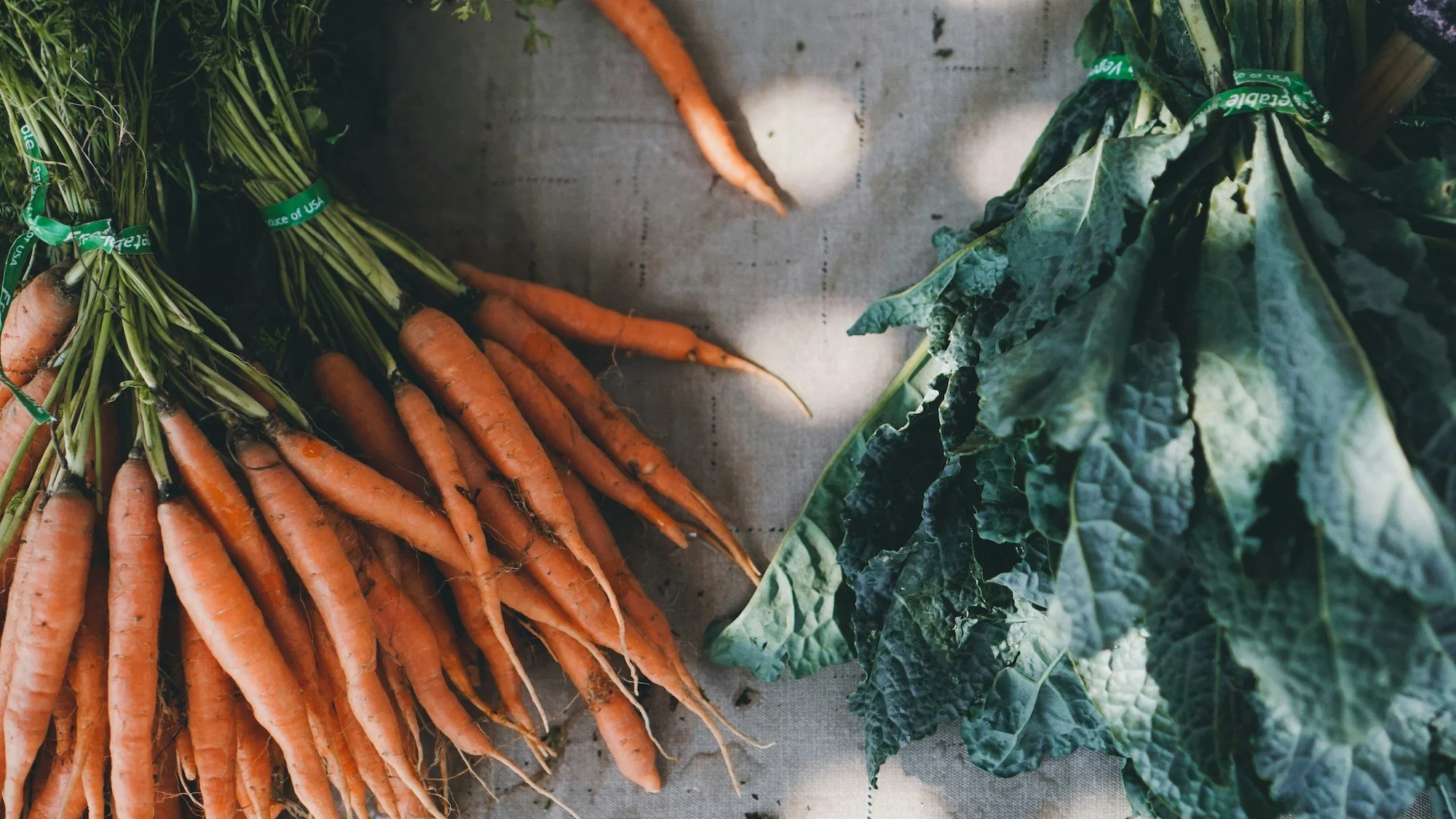Volunteers switch to organic for gut health study
This Organic September the Soil Association (SA) used results of its recent gut microbiome study to highlight the benefits of organic food on gut health.
Its 2025 campaign theme, ‘Nourish Your Gut Garden’, refers to contemporary scientific evidence suggesting that organic food and drink can promote healthier gut function. “Just as organic growing methods would support a flourishing and biodiverse garden, making some swaps to organic food and drink in your diet can support a thriving ‘gut garden’ by supporting the health of our microbiome,” the SA said earlier this year.
The SA’s work with the Functional Gut Clinic focused in part on intestinal permeability, also known as ‘leaky gut’ — a condition in which the gut lining weakens, allowing harmful substances such as bacteria and toxins to pass through the intestinal barrier into the bloodstream.
The study — which involved five public volunteers and Manchester Evening News journalist Dianne Bourne — measured each volunteer's gut microbiome, blood inflammation markers and intestinal permeability before and after the month-long trial.
For a period of two weeks prior to the first tests, each volunteer committed to eating no organic food, before switching either some or all of their diet to organic for four weeks. The clinical results, says the SA, ‘tell a really interesting story’.
“While as a group there wasn't any significant change in gut microbiome or blood markers, there was a clinically significant improvement in intestinal permeability. So in plain English, as a group the volunteers saw a clinically significant improvement in the strength of their intestinal walls [after switching to organic].”
Providing commentary on potential reasons for this, the Functional Gut Clinic says: “This may be due to a reduction in dietary pesticides, which have been shown to cause leaky gut, at least in animal studies. However, in humans, there are currently no studies showing pesticides in diet directly cause a leaky gut. There are some data which show the prevalence of digestive disorders, specifically irritable bowel syndrome, and cognitive disorders, such as Alzheimer’s disease, are more common in areas with high pesticide use. However, this seems to be related to environmental pesticide exposure, and not dietary pesticide exposure. Therefore, there is a need for studies on dietary pesticides and health in humans.”
“There are some important caveats: only two of the six volunteers had a borderline ‘leaky gut’ to begin with,” says the SA, “and the individual who saw the greatest improvement in their intestinal permeability also reported an increase in daily vegetable intake and reduction in fast food intake. Nevertheless, this is a really interesting finding that tracks with some of the already existing research out there on pesticides and the gut, and the clinic thinks we should explore doing a larger study with volunteers to see if the findings repeat themselves.”
Georgia Phillips, commercial and marketing director at Soil Association Certification, adds: “This is the first time Soil Association Certification has undertaken an experiment of this kind, and we’re intrigued by the results. While this was done on a very small scale, we hope the findings will inspire … more academic interest in the links between organically grown food and human health, particularly to investigate further if there are any links between a more organic diet and healthier intestinal permeability. The evidence that organic farming is better for the health of the environment is strong, showing 30% more biodiversity on organic farms versus non-organic, as well as healthier soils with more micro-organisms. A lack of funding has meant that there are few studies on the health benefits of organic for humans. We hope this experiment provides inspiration for a wider scale study in the future.”
Letter to the editor
During Organic September organic advocate Charles Redfern (brand owner of Organico Realfoods) penned his thoughts on the industry’s approach to the promotion of organic, writing to the editor of Natural Brands Magazine:
“It’s time for the real regenerative actors and organic to stand on the same platform, bury their differences and fight for the common cause: an agriculture that supports biodiversity, soil and water health and farming communities. It’s something we both value. We need to recognize that not everyone is onboard for the ecological transition. There’s a lot of loaded vested interest that wants to sell more junk food, cheap food, plastic packaging, chemicals and intensively farmed animals. They will buy media, politicians, think tanks and influencers.”
Signpost system
“Organic is the difference between a signpost system … and mere weathercocks. Now, I believe the vast majority of real regenerative actors want to see sustainability in action — in our fields, for our farms and farmers and in the food systems and nutrition we all require.”
“Two things have moved definitely in our favour. First, the public discourse around health, nutrition, simple ingredients and [attitudes] against junk food. Second, the need for resilience (politically) and climate change risks. My hope for this Organic September and beyond is for us to become proud again of the ‘O’ word, reclaim the term regenerative which was invented by the organic sector and stand together to make the case for sensible sustainable farming.”
By Rosie Greenaway, editor


